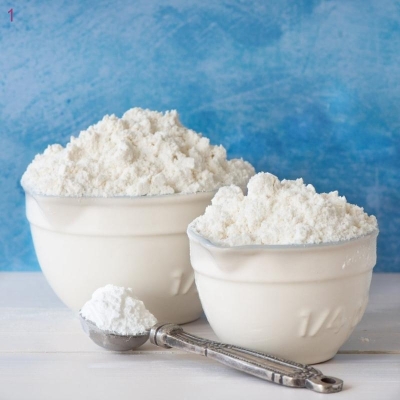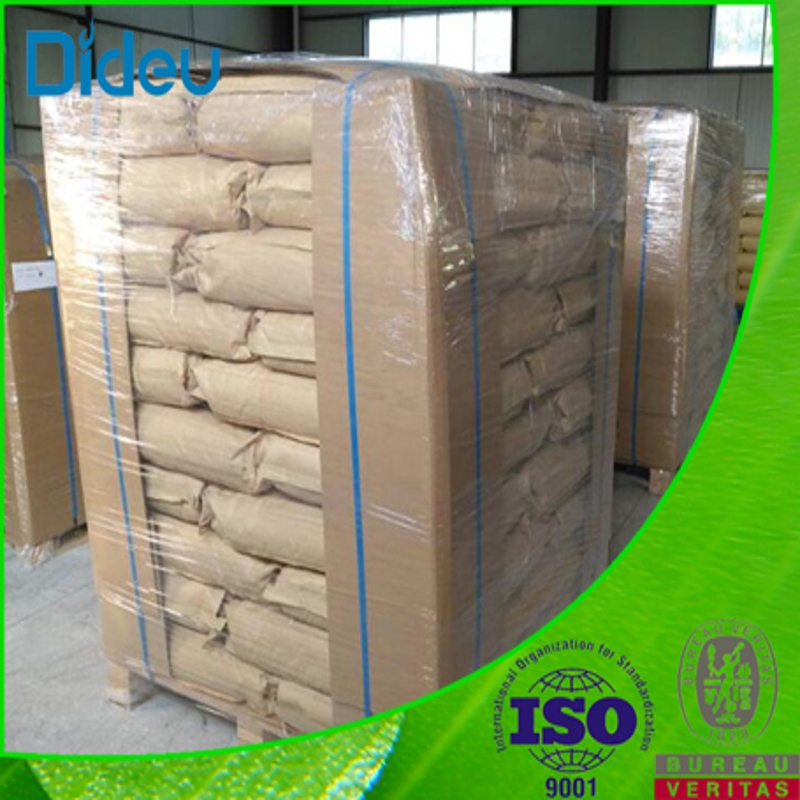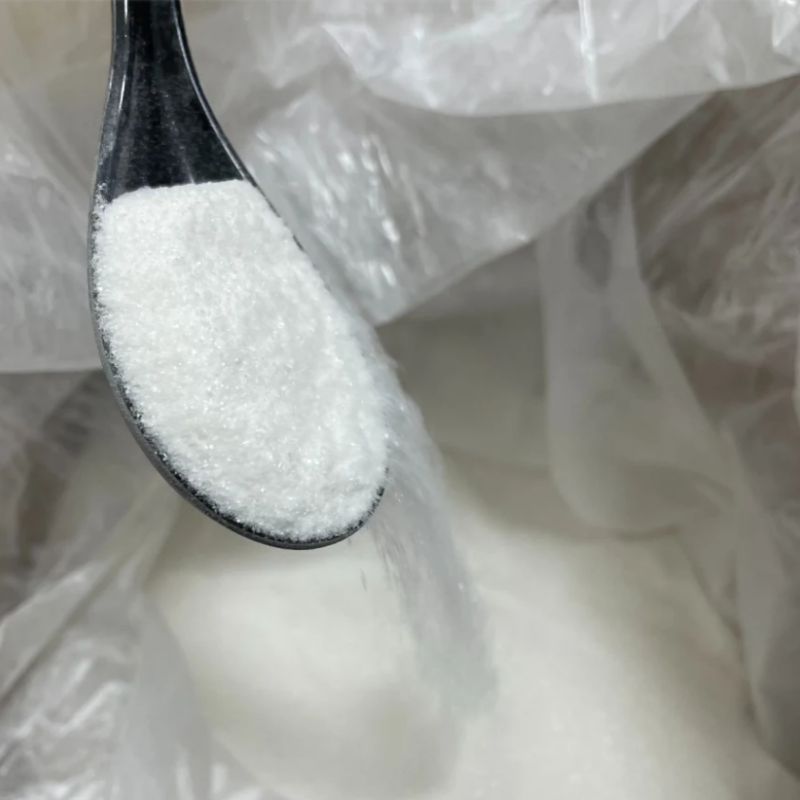-
Categories
-
Pharmaceutical Intermediates
-
Active Pharmaceutical Ingredients
-
Food Additives
- Industrial Coatings
- Agrochemicals
- Dyes and Pigments
- Surfactant
- Flavors and Fragrances
- Chemical Reagents
- Catalyst and Auxiliary
- Natural Products
- Inorganic Chemistry
-
Organic Chemistry
-
Biochemical Engineering
- Analytical Chemistry
-
Cosmetic Ingredient
- Water Treatment Chemical
-
Pharmaceutical Intermediates
Promotion
ECHEMI Mall
Wholesale
Weekly Price
Exhibition
News
-
Trade Service
Recently, the depreciation of the renminbi has hit the global commodity market again, and foreign media analysis shows that the depreciation of the renminbi may turn China from a coal importer to a coal exporter
.
This is not the first
such reversal.
China was one of the world's largest coal exporters until around 2004, when a surge in domestic demand helped drive import demand
.
China is expected to continue to import coal
as other major producer currencies were expected to fall against the dollar while the renminbi remained strong, weakening China's export competitiveness.
But in the face of a series of weak economic data, China announced a devaluation of its currency this week, drawing condemnation
that it would be given an unfair export advantage.
According to the People's Bank of China, there is no basis for a sustained depreciation of the renminbi, but the market still expects that it may fall
.
Macquarie Bank analyst Stefan Ljubisavljevic said: "A week ago, people might have said that there was little hope for China to become a coal exporter
.
Now, people are rethinking the issue and thinking it could happen within five years, even sooner if protectionism in domestic industries rises and the renminbi continues to depreciate
.
”
Recently, the depreciation of the renminbi has hit the global commodity market again, and foreign media analysis shows that the depreciation of the renminbi may turn China from a coal importer to a coal exporter
.
This is not the first
such reversal.
China was one of the world's largest coal exporters until around 2004, when a surge in domestic demand helped drive import demand
.
China is expected to continue to import coal
as other major producer currencies were expected to fall against the dollar while the renminbi remained strong, weakening China's export competitiveness.
But in the face of a series of weak economic data, China announced a devaluation of its currency this week, drawing condemnation
that it would be given an unfair export advantage.
According to the People's Bank of China, there is no basis for a sustained depreciation of the renminbi, but the market still expects that it may fall
.
Macquarie Bank analyst Stefan Ljubisavljevic said: "A week ago, people might have said that there was little hope for China to become a coal exporter
.
Now, people are rethinking the issue and thinking it could happen within five years, even sooner if protectionism in domestic industries rises and the renminbi continues to depreciate
.
”







